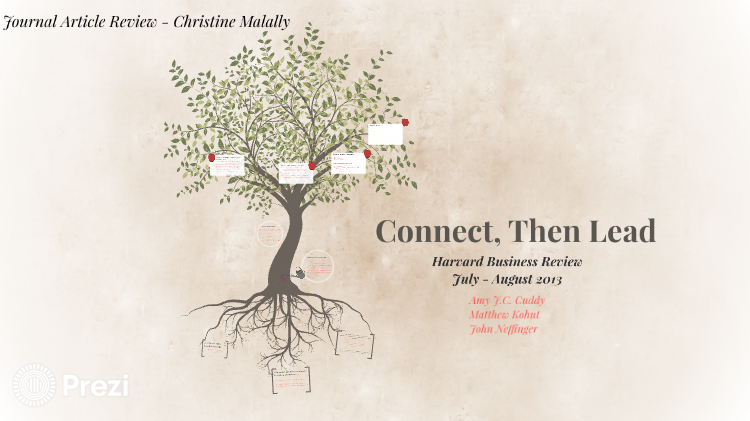Why Managers Find Coaching Is Hard? Here Are the Six Reasons.
9 February 2021
In 2017, the International Coaching Federation (ICF) conducted Global Consumer Awareness Study with a sample size of 27,134 respondents from corporations across 30 countries globally.
The study reveals that 66% of the respondents are highly or somewhat aware of coaching, in which 73% of the millennial respondents indicated that they are highly or somewhat aware of coaching; followed by 69% of Generation X respondents, and 63% of Generation Z respondents.
Though the survey results indicate that the corporations are aware of coaching, especially the younger generations, there are still many corporate managers hesitate to coach. Indeed, they lack clarity about what is coaching and how to use to their advantage at work.
Here are six common reasons why many Managers hesitate to coach their people:
1. Lack of Awareness
There still many managers do not experience coaching themselves in the past. Therefore, they lack drive and probably not convinced how it works for others; let alone coach the people.
2. Lack of Skills
Some managers have the notion that coaching, mentoring, and counselling skills are the same. They rely on those leadership solutions they learn from the bosses, peers, and probably online learning materials. Consequently, they are not trained properly to coach in the workplace.
3. Lack of Time
This the most common excuse by the managers why they hesitate to coach. Coaching is a developmental intervention. Managers today are competing against time to accomplish the goals and missions assigned by the Management. More things to do with fewer resources. Therefore, the fastest way to complete the assigned tasks is the directive way of communication. It is easy for the employees too. In the long run, they are constantly work in follow instructions mentality and lack of opportunity to think critically and solve problems innovatively.
4. Lack of Developmental Mindset
Managers are hired to solve problems. In a fast pace work environment, it is easy for the managers to treat their people functionally solving the problems. Indirectly, the employees are deprived of personal and professional development. Here, the managers’ mindset tends to focus on functional needs and overlook the developmental need to coach and grow their people.

“Coaching is unlocking a person’s potential to maximise their own performance. It is helping them to learn rather than teaching them” ~ Timothy Gallwey
5. Lack of Support Systems
This is a common situation why coaching practice and culture fail to sustain in the workplace. Often, the managers are excited and amazed by the coaching skills they have learned in the training course. Back in the office later, soon they realise it is difficult to coach because of the lack of infrastructure and support systems. Predominantly, it could the bosses different priority, lack of management commitment, lack of guidance and support after the coaching course, hostile work environment for coaching practise, and many more reasons that show the Organisation is not ready to make coaching alive in the workplace.
6. Lack of Senior Leadership Commitment
This is the top reason why coaching doesn’t work in the Organisation. Coaching starts from top leadership. In the ICF Global Coaching Study 2020 recently, it reveals that limited support from senior leaders accounted for 50% of obstacles to building a strong coaching culture inside an organisation. When coaching is not the senior leadership priority and agenda, you can’t expect the managers to coach their people. Indeed, the senior leadership presence to walk the talk is important. They need to actively promote coaching by demonstrating coaching in the workplace. Make a conscious effort to praise those demonstrate effective coaching. Having said that, there are Senior Executives have no in-depth coaching skills training but expect their managers to coach by sending them to coaching courses. As a result, the managers find it difficult to coach because the senior management might use different coaching understanding, point of reference and coaching language in their support. There is a need for the organisation to use the same coaching framework and language making coaching works in the workplace.
Conclusion
Coaching is a continuum human development intervention. It takes time, patient, and focused plan to coach and unlocking someone’s potential to maximize their performance. These six reasons are the common roadblocks.
What is your side of the story?







